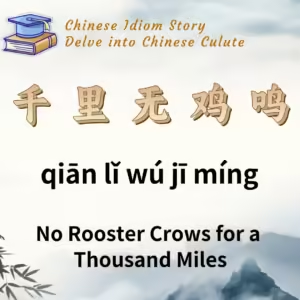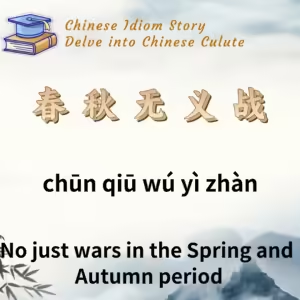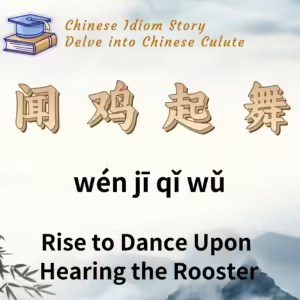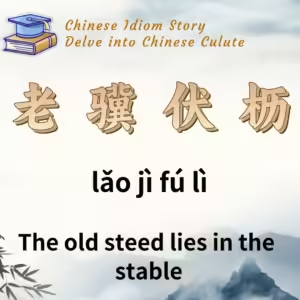
Chinese Idiom: 千里无鸡鸣 (Qian Li Wu Ji Ming)
English Translation: No Rooster Crows for a Thousand Miles
pīn yīn: qiān lǐ wú jī míng
Idiom Meaning: Refers to the severe desolation caused by unjust wars or serious natural disasters, where human suffering and devastation are extensive. It highlights the extreme impact on the land and its people, often depicted by a lack of life and activity.
Historical Source: Poem Hao Li Xing (《蒿里行》) by Cao Cao from the late Han Dynasty.
Idiom Story:
Cao Cao, styled Mengde, was a prominent political leader, military general, and literary figure from Pei County, Qiao (modern-day Bozhou, Anhui). Renowned for his role in the power struggles of the late Han Dynasty, he fought to unify the northern territories and ultimately set the stage for the later establishment of the Three Kingdoms period. Cao Cao’s leadership not only consolidated the northern regions but also contributed to economic recovery through his policies.
Cao Cao was also known for his love of poetry, which vividly reflected the social turmoil of his time and his ambitions for unification. His poetry is marked by a fresh and powerful style, critiquing the corruption of the powerful and expressing his desire for national unity. His works are noted for their clarity and emotional depth.
The poem Hao Li Xing is written in the style of Han Dynasty folk songs and addresses the significant political struggles of the time. In the late Eastern Han Dynasty, powerful warlords, including Dong Zhuo, seized control of the Han government. Regional warlords, including Yuan Shao, formed alliances to oppose Dong Zhuo, but their efforts were marred by internal conflict and rivalry. This led to years of devastating warfare.
Cao Cao’s poem criticizes this lack of unity and the resulting devastation. The poem’s latter part conveys the extreme consequences of the protracted conflicts:
“In the midst of the warlord chaos, the land is filled with white bones, with no one to care.
A thousand miles of scorched earth lies barren, with no rooster’s crow to be heard.
Among a hundred people, only a few survive, and thinking of this fills one with deep sorrow.”
The phrase “千里无鸡鸣” (No rooster crows for a thousand miles) evolved from this imagery to describe a situation of profound desolation and the severe impact of conflict or disaster.






